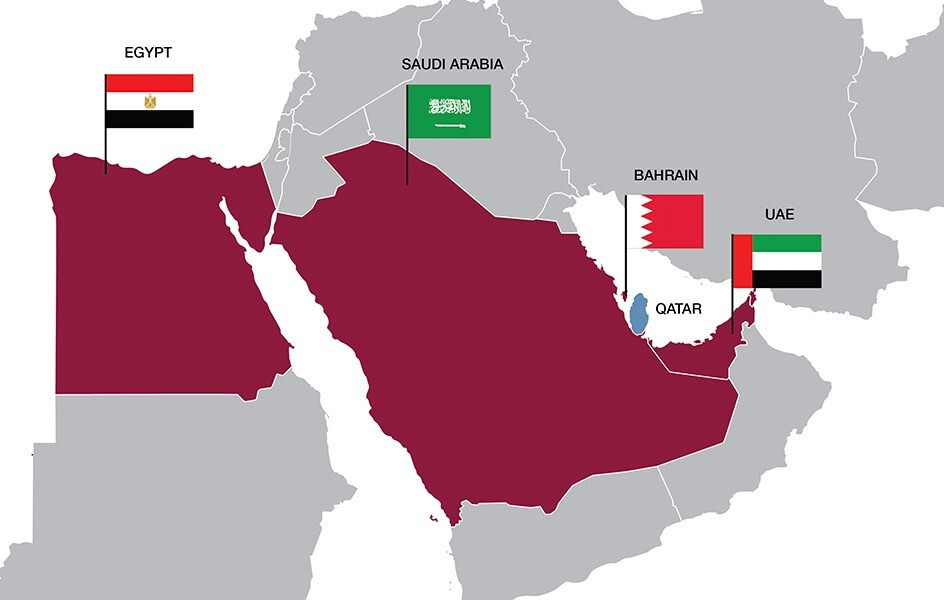
UNITED NATIONS – Saudi Arabia has escalated its dispute with the United Arab Emirates over maritime boundaries, formally rejecting the UAE's unilateral claims and submitting a memorandum to the United Nations asserting its position. The Kingdom's move highlights growing tensions in the Gulf region over access to strategic maritime resources and shipping routes.
In a memorandum dated March 11, 2024, the UAE Ministry of Foreign Affairs presented its maritime claims, which Saudi Arabia contends violate the 1974 border agreement between the two nations. The Saudi Arabian permanent mission to the UN has now submitted its own detailed response, stating it does not recognize the UAE's claims and considers them contrary to both bilateral agreements and international law, specifically the United Nations Convention on the Law of the Sea (UNCLOS).
"The Government of the Kingdom of Saudi Arabia considers this memorandum as an official document and requests the United Nations to circulate it to all members and publish it on the official website of the United Nations," the Saudi memorandum stated, emphasizing the Kingdom's commitment to international recognition of its stance.
Saudi officials argue that the UAE's declared straight baseline system, which defines the boundaries of its territorial waters, significantly deviates from the actual coastline and encroaches on Saudi maritime territory. They assert that this system contradicts Article 5 of the 1974 agreement and the provisions of UNCLOS.
This dispute is not new. Saudi Arabia has previously lodged protests against the UAE's maritime claims, including a memorandum in 2009 expressing reservations about the UAE's straight baseline system. The current escalation reflects heightened competition for strategic resources and influence in the Gulf.
The concept of straight baselines allows coastal states to connect the outermost points of their coastal features to establish their territorial sea boundaries. However, Saudi Arabia insists that these baselines must adhere to established legal definitions under both domestic and international law.
The Saudi memorandum underscores the importance of adhering to the 1982 UNCLOS, which provides comprehensive guidelines for maritime delimitations. The Kingdom's firm stance indicates its determination to protect its maritime rights amid shifting regional alliances and increasing infrastructural and energy development projects.
Observers are now closely watching how the UN will respond to Saudi Arabia's memorandum and whether it will facilitate a resolution to the dispute. The situation highlights the critical role of international organizations in mediating maritime disputes and upholding international law.
Diplomatic analysts suggest that the two nations may need to engage in multilateral dialogues to address their concerns and revisit the decades-old agreements. Such discussions could provide an opportunity to adapt to current regional realities and challenges.
The outcome of this dispute could have significant implications for regional stability and set precedents for maritime law in the Gulf. The international community is urging both nations to resolve their differences through peaceful negotiations and adherence to established legal frameworks.
[Copyright (c) Global Economic Times. All Rights Reserved.]






























